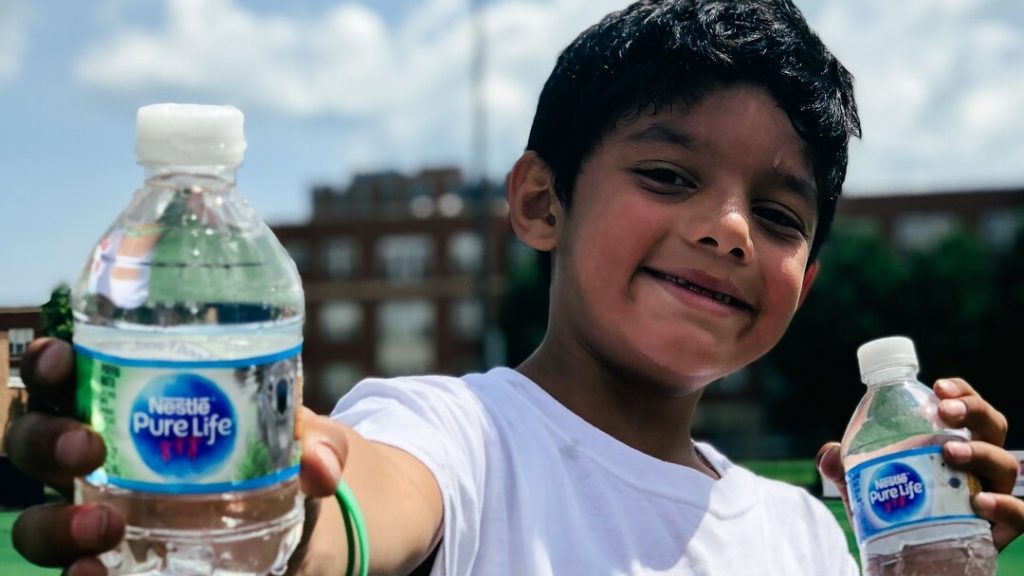The demand for companies to minimise their plastic waste has surged this past year, and companies are responding. Global food and drink brands Danone and Nestlé, along with eight other major bottled drinks companies, are vowing to ditch the plastic and move to zero-waste packaging by 2030.
Envisioning a future where no packaging has to be sent to a landfill – or end up in our oceans – the companies are looking to sustainable alternatives to plastic; currently, they are considering packaging made from recycled or renewable materials, and which can be reused or fully recycled.
The new plans were revealed in a report from the University of Cambridge Insitute for Sustainability Leadership, titled “Towards sustainable packaging.” Created on behalf of ten different bottled drink brands, including Brecon Mineral Waters, Harrogate Water Brands, Highland Spring Group, and Lucozade Ribena Suntory, the report – and its proposed effects -may be monumental in reducing plastic waste.

In the UK, roughly 72 percent of soft drinks are sold in plastic packaging. Popular due to its lightweight properties and subsequent carbon savings in transport, plastic has been the economical business-choice. However, echoing public opinion, the report argues that “Business as usual will not solve the plastic packaging waste challenge.” It recommends that an upheaval of existing business models will “have the greatest impact.”
The report goes on, “Multiple intersections with public health, the climate change agenda, resource scarcity, and human impacts on biodiversity create a perfect storm of forces.” This, it suggests, means that the bottled water industry has an “unprecedented opportunity” to take the lead in combatting plastic waste.
However, the report is realistic, acknowledging possible challenges and the need for investment. Nonetheless, it encourages positivity and initiative, and attempts to “strike a balance” between what is currently possible and how the industry will birth new ideas and “exciting innovations.” Summarising, the authors write: “there is a need to act now… and to set a high level of ambition, even if it seems hard to achieve in the current context.”
While the report focuses on the ambitions of bottled drinks in the UK, its authors encourage other countries and sectors to take note and learn from the developments in this industry.
Become a CLUBKINDLY member today!


